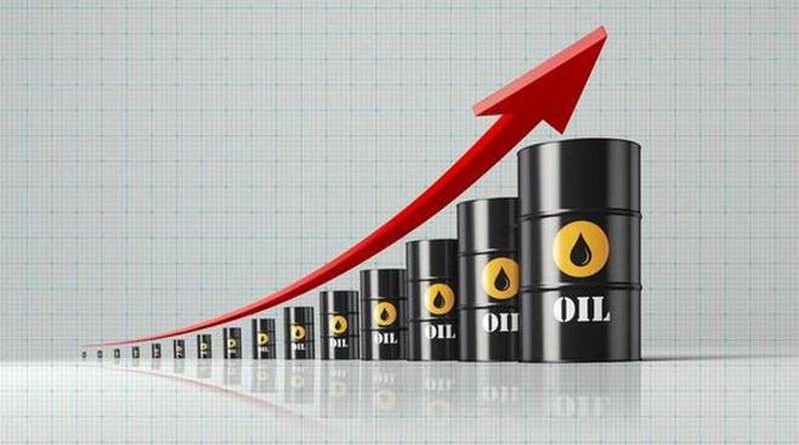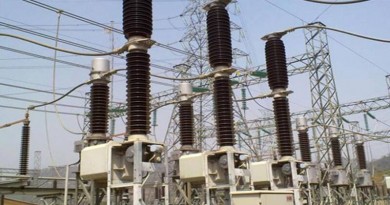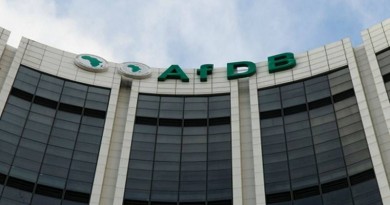Oil prices rise as Saudi Arabia pledges to cut production by one million barrels per day
The Organization of Petroleum Exporting Countries (OPEC) and its partners, known as OPEC+, agreed on Sunday to reduce overall output to 40.46 million barrels per day (bpd) next year. This followed the pledged by Saudi Arabia, the largest producer to cuts in daily oil production from the current 10 mbpd to 9 million bpd.
Following this, oil prices rose by $1 on Monday. Brent crude rose by $1.02 to sell at $77.15 while Texas crude rose by $1.02 to trade at $72.76
The decision was revealed by the oil-producing coalition in a statement issued during the 35th OPEC+ ministerial meeting earlier in the day in Vienna.
OPEC+ emphasized its efforts in the statement to “achieve and sustain a stable oil market, as well as to provide long-term market guidance.”
OPEC+ cut its production targets for 2023 (November 2022 to December 2023) to 41.86 million bpd in October. The partnership announced a further voluntary output decrease of 1.66 million bpd in April of this year.
The latest decision by OPEC+ comes after recent drops in oil prices. The alliance’s surprise production cuts in early April boosted oil prices above $85 per barrel, but prices quickly dropped and have been hovering just above $70 per barrel in recent days, pressured by lingering concerns about the economic outlook and demand.
Following OPEC+’s declaration on Sunday, Saudi Arabia’s energy ministry announced a further reduction in oil output of 1 million bpd, beginning in July for a month that can be extended, according to the Saudi Press Agency.
According to the Saudi energy ministry, the voluntary output decrease is in accordance with the OPEC+ ministerial meeting agreement.
For months, the US and other Western countries have accused OPEC+ of driving up oil prices and fueling inflation with its production cuts, while OPEC+ has insisted that the cuts were made to stabilize the oil market, where demand has weakened due to a worsening global economic outlook.
The OPEC+ members also agreed on Sunday to conduct a ministerial meeting every six months. The OPEC+ oil and energy ministers will meet again on November 26.




